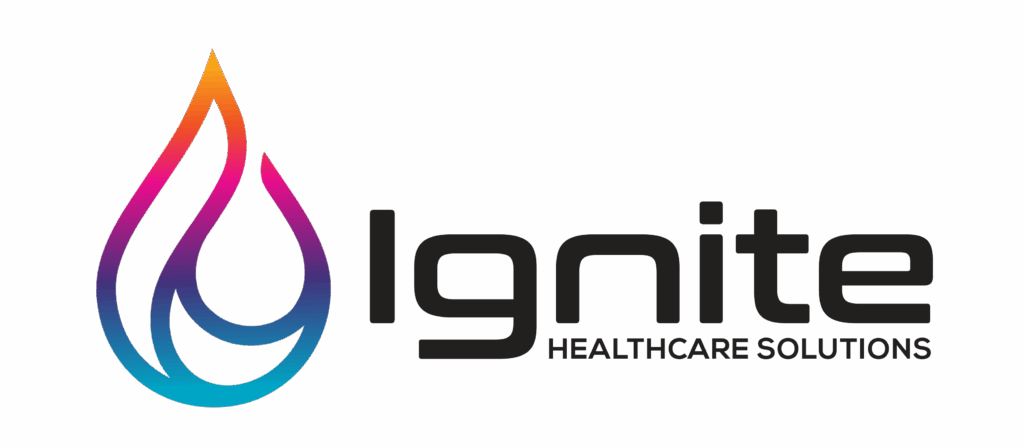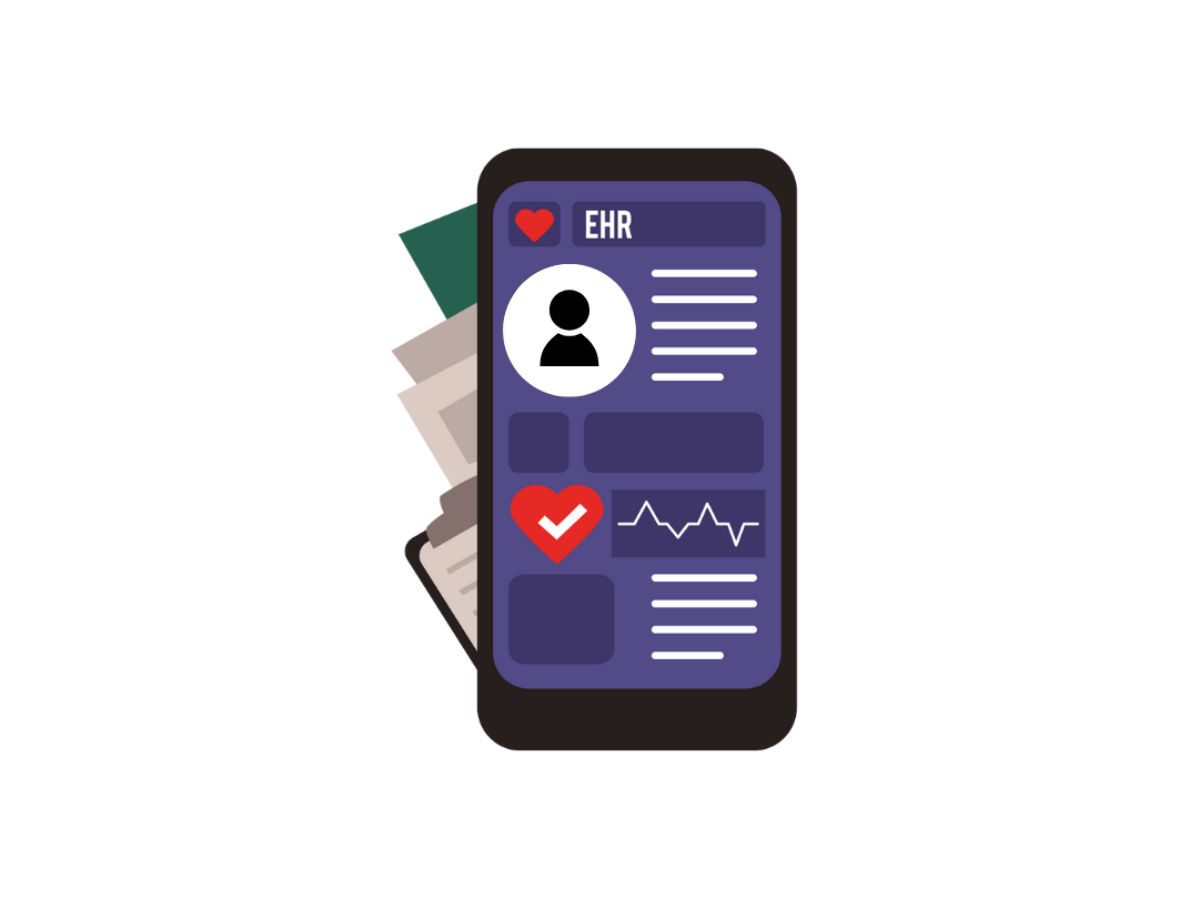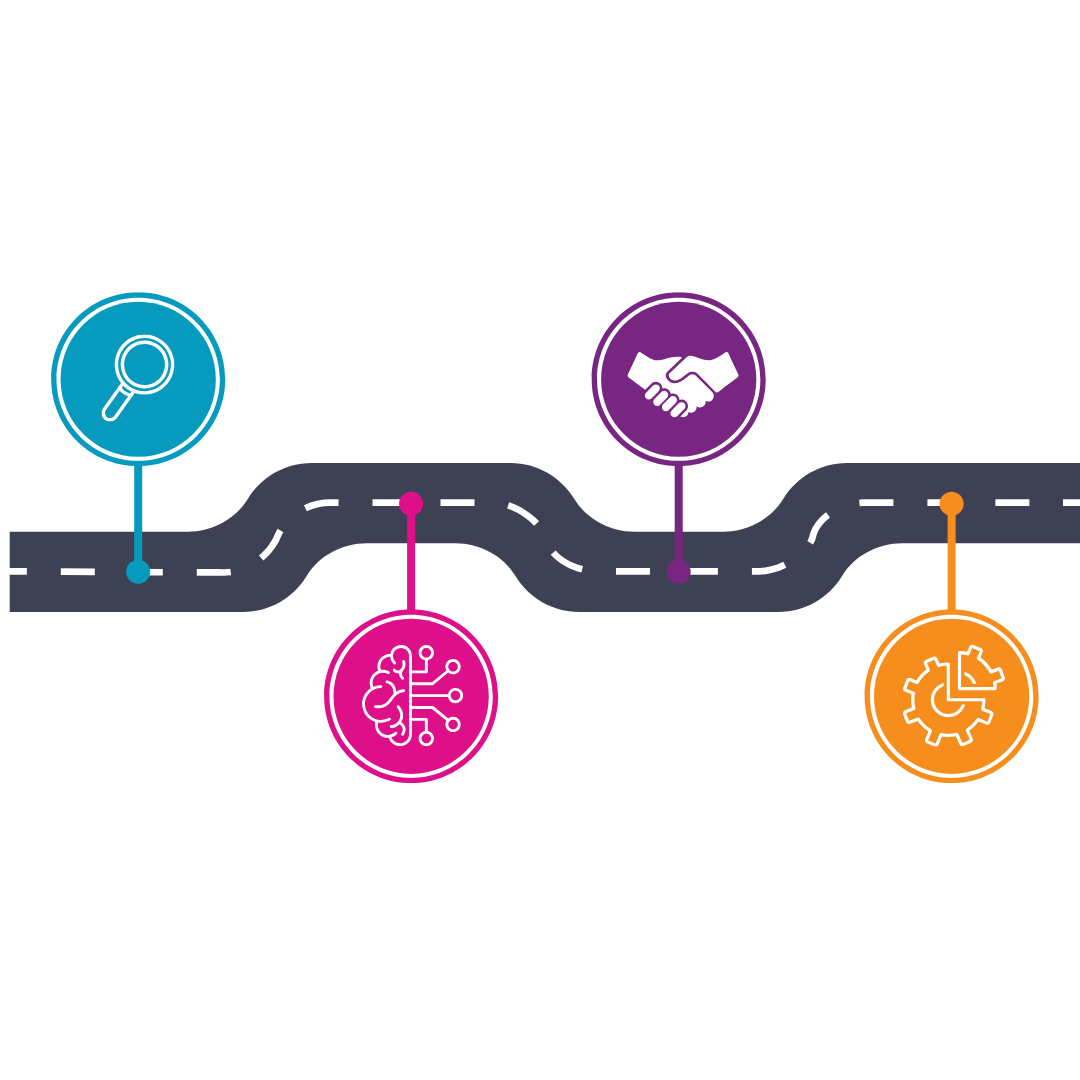Electronic Health Records (EHR) optimization refers to the systematic enhancement and customization of EHR systems to ensure they operate at peak efficiency, tailored to the specific needs of a healthcare organization. This process involves refining the system’s functionality, improving usability, and integrating advanced features to streamline workflows, improve data accuracy, and support robust decision-making. Optimization is a proactive approach that goes beyond maintenance, aiming to transform EHR systems into dynamic tools that drive superior outcomes for healthcare providers and patients alike.
Importance in Healthcare Organizations
In the current healthcare landscape, characterized by rapid technological advancements and increasing regulatory demands, EHR optimization has become indispensable. Healthcare organizations face the dual challenge of delivering high-quality care efficiently while adhering to stringent compliance standards. An optimized EHR system can significantly enhance operational efficiency, reduce administrative burdens, and improve the quality of patient care. By tailoring EHR systems to the unique workflows and needs of healthcare providers, organizations can ensure that these systems are used to their full potential, leading to better patient outcomes and overall organizational performance.
Benefits of EHR Optimization
1. Maximizing Potential of EHR Systems:
EHR systems are designed to digitize and centralize patient information, but their true potential extends far beyond basic record-keeping. Through optimization, healthcare organizations can unlock advanced features such as predictive analytics, clinical decision support, and comprehensive reporting capabilities. This maximizes the utility of EHR systems, transforming them from static data repositories into dynamic tools that actively support both clinical and administrative functions. By leveraging these advanced capabilities, healthcare providers can gain deeper insights into patient health trends, streamline workflows, and make more informed decisions.
2. Enhancing Efficiency and Productivity:
Optimized EHR systems streamline workflows by reducing the time healthcare providers spend on documentation and administrative tasks. Automation of routine processes, such as appointment scheduling, billing, and inventory management, allows staff to focus more on direct patient care. This enhancement in efficiency leads to increased productivity, as clinicians and administrative staff can perform their duties more effectively and with greater satisfaction. Additionally, streamlined workflows reduce the likelihood of errors and improve overall care coordination, further contributing to improved patient outcomes.
3. Tailoring Systems to Specific Needs:
Every healthcare organization has unique workflows, patient demographics, and clinical specialties. EHR optimization allows systems to be tailored to these specific needs, ensuring that the functionalities provided are relevant and useful. Customized templates, clinical pathways, and data fields make the system intuitive and user-friendly, reducing errors and improving the overall quality of care. By aligning the EHR system with the specific requirements of the organization, healthcare providers can enhance both clinical and administrative efficiency, leading to better patient care and operational performance.
Key Features of EHR in athenahealth
1. Cloud-Based Platform:
Athenahealth’s EHR is a cloud-based platform, which means that healthcare providers can access patient records and clinical tools from anywhere with an internet connection. This accessibility is particularly beneficial for multi-location practices and providers who need to work remotely.
2. Integrated Practice Management:
The EHR system integrates seamlessly with athenahealth’s practice management tools, allowing for efficient scheduling, billing, and revenue cycle management. This integration helps to streamline administrative tasks and reduce the risk of errors.
3. Clinical Decision Support:
Athenahealth’s includes robust clinical decision support tools that provide evidence-based guidelines and recommendations. These tools help clinicians make informed decisions, improving patient outcomes and reducing the likelihood of medical errors.
4. Interoperability:
Athenahealth emphasizes interoperability, enabling their EHR system to connect with other healthcare IT systems and exchange data smoothly. This interoperability supports coordinated care and enhances communication between different providers and healthcare organizations.
5. Patient Engagement Tools:
The EHR system includes patient engagement tools such as patient portals, secure messaging, and online appointment scheduling. These tools empower patients to take an active role in their healthcare, improving satisfaction and adherence to treatment plans.
How Ignite Healthcare Solutions Specializes in Optimizing Athenahealth EHR Systems
Our team of experts understands the intricacies of the athenahealth platform and works closely with healthcare organizations to customize and optimize their systems. Our consultants employ a comprehensive approach that includes assessing current workflows, identifying pain points, and implementing tailored solutions that enhance system performance and user satisfaction. By leveraging our deep expertise and extensive experience, we help healthcare organizations unlock the full potential of their EHR systems.
One of our core strengths at Ignite Healthcare Solutions is our ability to streamline workflows and reduce administrative burdens through EHR optimization. By customizing athenahealth EHR systems, we help healthcare providers eliminate redundant tasks, automate routine processes, and ensure that the system aligns perfectly with their operational needs. This not only increases efficiency but also reduces the cognitive load on healthcare providers, allowing them to focus more on patient care. Through unique solutions, we help organizations achieve significant improvements in workflow efficiency, staff productivity, and overall operational performance.
Focusing on Patient Care Through Custom Solutions
At Ignite Healthcare Solutions, we prioritize patient care in every optimization project. We understand that the ultimate goal of any healthcare organization is to provide the best possible care to patients. Our solutions ensure that clinicians have quick and easy access to the information they need, that documentation processes are streamlined, and that patient interactions are more meaningful and productive. This patient-centric approach results in better care outcomes and higher patient satisfaction. By optimizing EHR systems to support patient care, we help healthcare organizations achieve their mission of delivering high-quality, patient-centered care.
Impact of EHR Optimization on Clinical Decision-Making
One of the most significant benefits of EHR optimization is the improvement in clinical decision-making. By ensuring that relevant patient information is easily accessible and presented in a clear, concise manner, healthcare providers can make more informed decisions. Optimized EHR systems organize patient data effectively, reducing the time spent searching for information and allowing clinicians to focus on critical clinical insights. This enhanced access to patient information supports better diagnosis, treatment planning, and patient management, leading to improved clinical outcomes. EHR optimization also involves integrating real-time decision support tools that provide clinicians with evidence-based recommendations and alerts. These tools can highlight potential drug interactions, suggest appropriate diagnostic tests, and recommend treatment options based on the latest clinical guidelines. By having these resources integrated directly into the EHR system, clinicians can make more accurate and timely decisions, improving patient outcomes and reducing the risk of errors. Real-time decision support tools enhance the quality of care by providing clinicians with the information they need, when they need it, to make the best possible decisions for their patients.
Enhancing Revenue Cycle Management through EHR Optimization
Effective revenue cycle management (RCM) is crucial for the financial health of any healthcare organization. EHR optimization plays a vital role in streamlining billing processes. By ensuring that coding is accurate and comprehensive, and that documentation meets regulatory requirements, healthcare organizations can reduce claim denials and expedite reimbursement. Advanced EHR systems also automate many aspects of the billing process, from charge capture to claims submission, reducing administrative workloads and improving financial efficiency. By optimizing billing processes, healthcare organizations can achieve more predictable cash flows and better financial performance.
Ensuring Regulatory Compliance for Financial Sustainability
Regulatory compliance is a critical aspect of revenue cycle management. Non-compliance can lead to significant financial penalties and disrupt cash flow. Through EHR optimization, healthcare organizations can implement robust compliance measures, including automated checks and audit trails, to ensure that all regulatory requirements are met. This not only minimizes the risk of penalties but also enhances overall financial sustainability by ensuring that revenue cycles are efficient and compliant. By maintaining regulatory compliance, healthcare organizations can avoid costly fines and protect their financial health, enabling them to continue delivering high-quality care.
Patient Engagement and Satisfaction
Patient engagement is increasingly recognized as a key factor in improving healthcare outcomes. Optimized EHR systems enhance patient engagement by offering robust patient portals where individuals can access their health information, schedule appointments, and communicate with their healthcare providers. These portals empower patients to take an active role in their health management, leading to better adherence to treatment plans and higher levels of satisfaction. By providing patients with easy access to their health information and facilitating communication with their care team, optimized EHR systems support more effective and collaborative care. Personalized care is a cornerstone of modern healthcare, and EHR optimization facilitates this by capturing detailed patient data and preferences. By tailoring care plans to the individual needs and circumstances of each patient, healthcare providers can deliver more effective and personalized treatment. This level of personalized care improves clinical outcomes and greatly boosts patient satisfaction and loyalty. Their care is customized to their unique needs are more likely to be engaged in their health management and to have positive experiences with their healthcare providers.
Importance of EHR Optimization in Today’s Healthcare Environment
In the competitive healthcare environment, operational efficiency is paramount. EHR optimization helps healthcare organizations streamline their operations, reduce waste, and improve the utilization of resources. By enhancing the efficiency of both clinical and administrative processes, optimized EHR systems allow organizations to deliver higher quality care more cost-effectively. Improved operational efficiency translates into better patient care, higher staff productivity, and more sustainable financial performance, enabling healthcare organizations to thrive in a challenging and dynamic environment.
Enhancing Patient Care Outcomes
By providing clinicians with better tools and more accurate information, optimized EHR systems support higher standards of care. This includes everything from faster and more accurate diagnoses to more effective treatment plans and better follow-up care. As a result, patients receive better care and experience improved health outcomes. By investing in EHR optimization, healthcare organizations can ensure that they are delivering the best possible care to their patients, supporting their mission of improving health and well-being. EHR optimization ensures that organizations remain compliant. This involves implementing security measures, maintaining accurate records, and staying up to date with regulatory changes. In a competitive healthcare market, staying compliant is essential not only for avoiding penalties but also for maintaining a strong reputation and patient trust. By ensuring regulatory compliance through EHR optimization, healthcare organizations can protect themselves from legal and financial risks and build a foundation of trust with their patients.
Conclusion
EHR optimization is essential for healthcare organizations seeking to maximize the benefits of their electronic health record systems. By enhancing efficiency, improving clinical decision-making, optimizing revenue cycle management, and boosting patient engagement and satisfaction, optimized EHR systems support better patient outcomes and operational performance. Athenahealth’s EHR capabilities, combined with the expertise of Ignite Healthcare Solutions, offer a comprehensive approach to achieving these goals. Ignite Healthcare So



